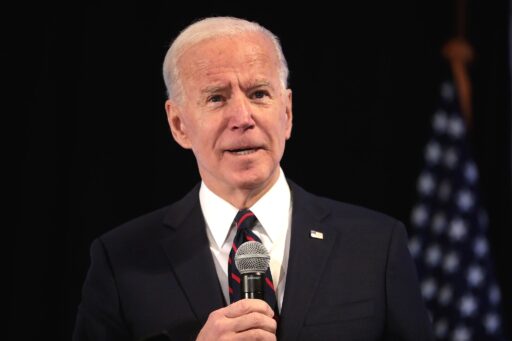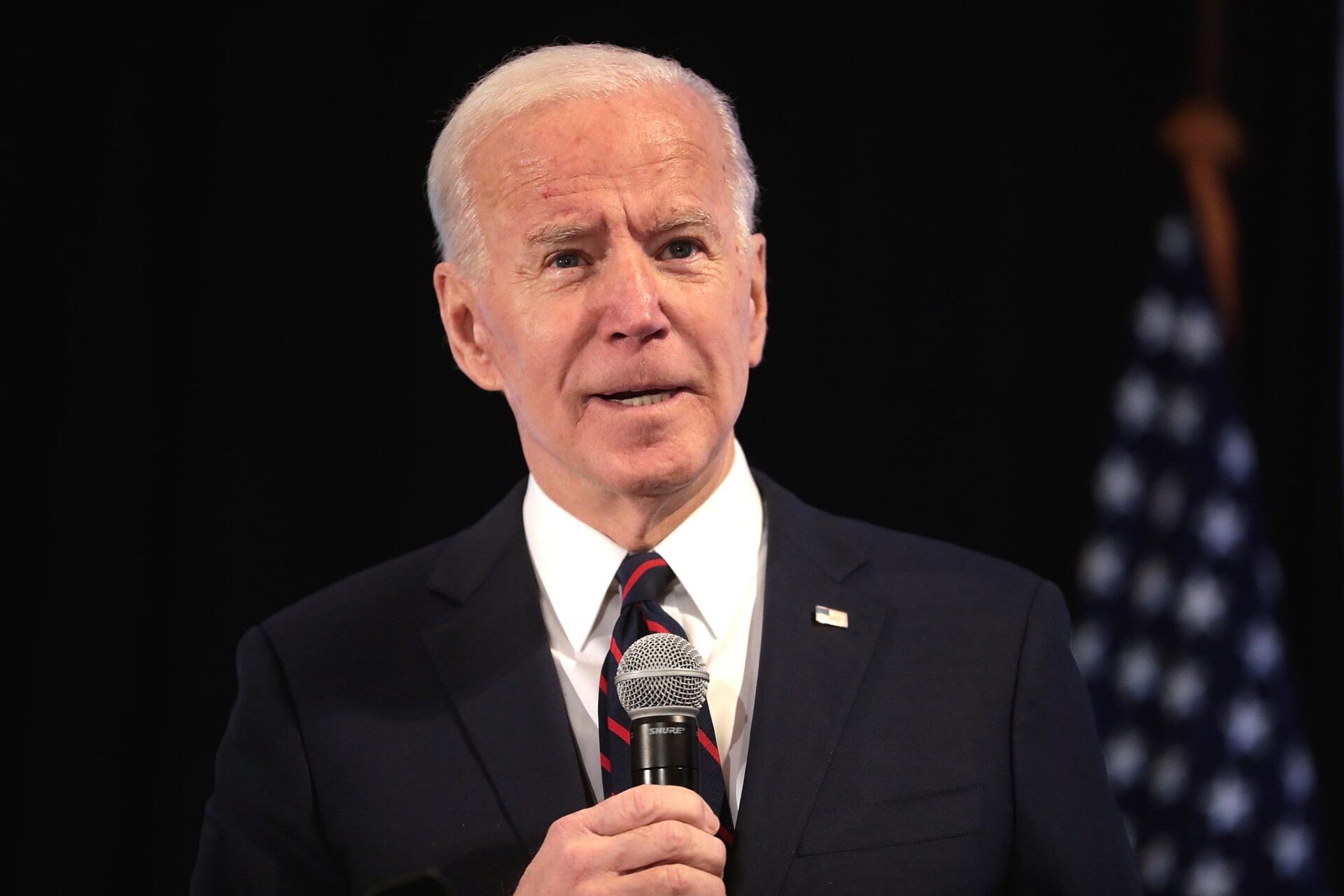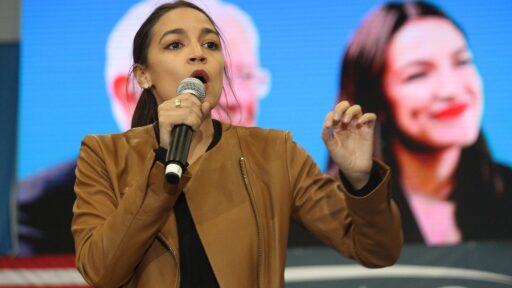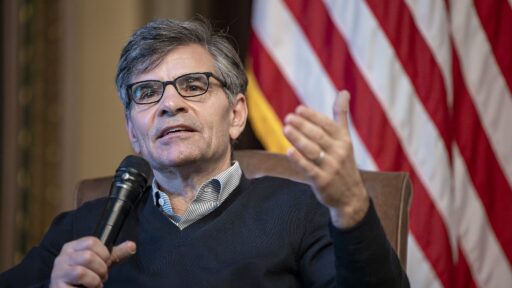Anita Dunn, a longtime confidante of President Joe Biden and former senior adviser, recently spoke out against the president’s controversial decision to pardon his son, Hunter Biden. While Dunn expressed agreement with the overall decision to pardon Hunter, she sharply criticized the timing, reasoning, and the broader implications on the integrity of the judicial system.
During a panel discussion at the DealBook Summit in New York, Dunn explained that she believed the pardon could have been more effectively handled at the end of the president’s term, framed in a context of compassion as is typical with many pardons. However, Dunn argued that the timing—during a politically charged period—was damaging. “Had this pardon been done at the end of the term in the context of compassion,” she said, “it would have been a different story.”
The timing of the pardon, Dunn suggested, raised concerns about how it might undermine the president’s long-standing narrative of upholding the rule of law. For a president who campaigned on restoring respect for legal institutions, pardoning his son in the midst of an ongoing political firestorm sent the wrong message, Dunn argued. She remarked, “It’s exceptionally poor timing,” and pointed out the risk that such decisions could be seen as undermining the credibility of the justice system, especially when the public is already questioning the fairness of Hunter’s legal treatment.
Dunn’s comments reflect a growing public dissatisfaction with Biden’s actions, especially given polling showing that only 20% of Americans support the decision to pardon Hunter. The move has sparked concern among some Democrats and Republicans alike, who see it as a politically motivated act designed to shield Hunter Biden from the consequences of his actions, rather than a fair exercise of executive power.
President Biden has defended his decision, claiming that Hunter was unfairly prosecuted, citing his son’s past battle with addiction and framing the charges as a politically motivated attack. Biden maintained that Hunter was selectively targeted for actions that are typically treated as minor offenses, such as gun form violations and late tax payments. Yet, this defense has done little to quell growing skepticism among voters, particularly those on the right, who see the pardon as another example of the Biden family avoiding accountability.
Dunn’s sharp critique of the pardon raises broader questions about the way powerful political families manipulate the system for their benefit, further eroding trust in government institutions. For many Republicans, this is just another instance of a Democrat elite protecting their own, regardless of the public’s need for accountability. As the Biden administration faces increasing scrutiny, Dunn’s remarks underscore the internal divisions within the Democratic Party over the controversial pardon and its potential long-term consequences for the rule of law.







